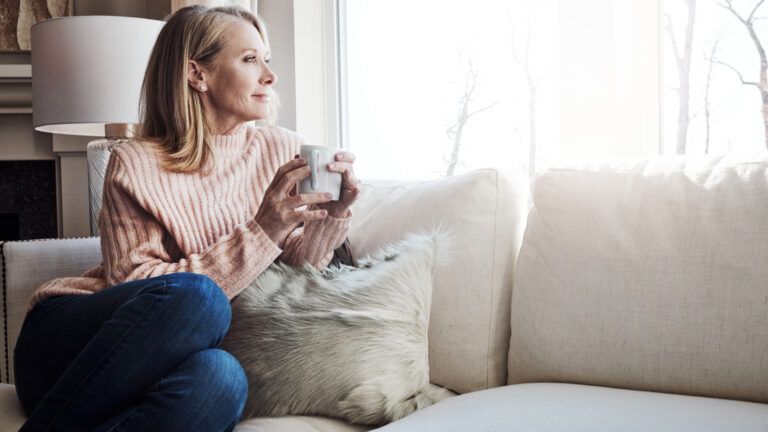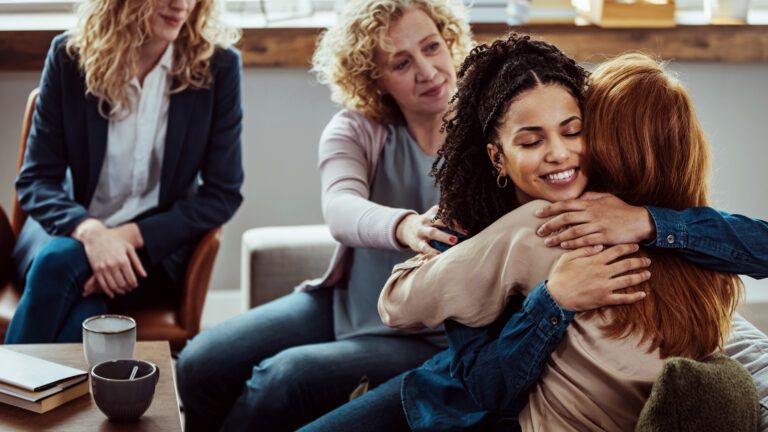Did the pandemic increase or decrease your social interactions and did it impact your memory and cognitive abilities?
This month marks two years since the first cases of SARS-CoV-2 (Covid-19) were identified in Wuhan, China. The disease spread rapidly throughout the world and within months transformed the way we lived and communicated, especially within our social networks.
Since before the epidemic I’ve been exploring my susceptibility to another disease, Alzheimer’s, that appears to run in my family, and writing about it here. I’ve enrolled in several online groups that offer various tests to assess risk. The other day I re-took a test on emotions and social relationships because Alzheimer’s is the ultimate disease of isolation. After all, it renders the world unrecognizable, does it not?
I was taken aback by my results, which were compared to the results of the same test I originally took pre-pandemic. Naturally, I assumed the shutdowns and isolation had quantitatively reduced my social interactions since we were all stuck inside for months at a time. In New York, especially, you strike up random, fleeting conversations while waiting in line for a bagel or walking your dog—especially my social butterfly of a golden retriever. Those brief interactions matter.
Still, up here in the country, tucked away in the Berkshire Hills, I thought I’d made it a point to stay in touch with people digitally and even in person whenever possible, especially after the vaccines came out. But the results of the re-test showed I really hadn’t and that correlated with a slight but measurable increase in negative emotional states like loneliness, isolation, depression and anxiety. I guess I’m not quite the independent soul I thought I was and Zoom, texting and Instagram are no substitute for actual human contact. Surprise!
Why is this important? For one thing, social isolation worsens the symptoms of Alzheimer’s and other dementias, and there is anecdotal evidence that dementia symptoms increased over the worst of the pandemic. In fact, social isolation can impair the cognitive abilities of healthy people.
All of which is to say that I hope you do everything to protect yourself this holiday season so you can spend as much time as possible with the people you love and miss and even those random strangers you interact with in the course of your daily life. God has made us loving, social creatures. After all, He could have created just one of us and left it at that.
One thing that has kept me connected all these hard months is being able to interact with you, especially your responses to this blog. So please refer to the question I asked at the top of this piece and share your experiences with me at egrinnan@guideposts.org.
Indeed, I have found that love can deepen even at a distance, which has kept so many of us close even when we are apart. But this is the season to be together again.






